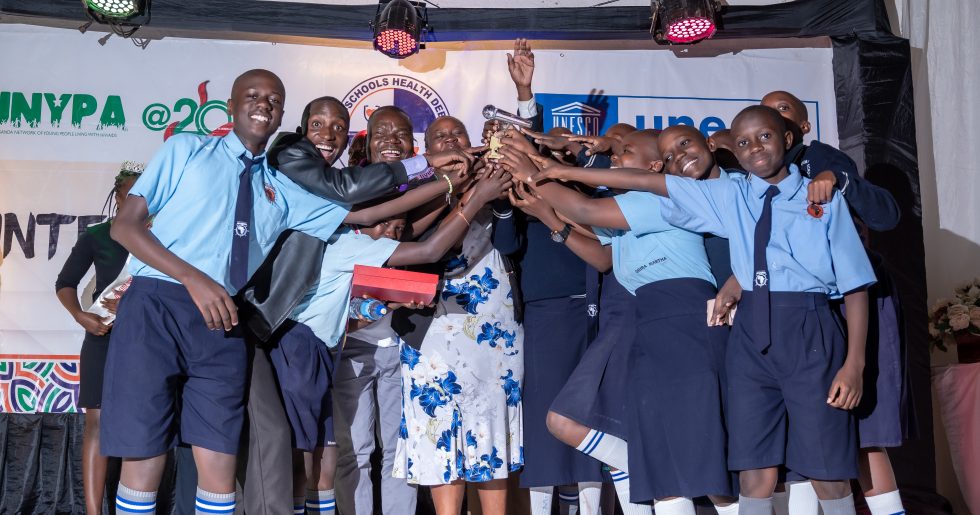
Besides the direct detrimental effects on these youths and their environment, this negligence
in addressing schooling concerns of such a large number of YLWHA, has adverse socio-
economic effects in countries of Sub-Saharan Africa like Uganda with youthful populations in
the long run e.g. contributing to a lack of sufficient skilled work force and leadership in the
future. It is widely recognized that health and education are intertwined, and schools are ideal
places to strive and attain both therefore the Safe Schools for Safer Lives project is envisioned
to improve the lives of young people both living with and affected by HIV through addressing
barriers to positive living and HIV prevention among young people in school settings.
Subsequently, it is anticipated that the secondary school-going age of young people is between
11 and 20 therefore making secondary schools an entry point to closing the tap on new HIV
infections therefore it is detrimental for us to ignore the school systems thus the need for
continuous efforts to make schools safe for young people living with HIV and also champion
HIV prevention among the same category if we are to achieve epidemic control by 2030. The
project is implemented in 2 primary schools and 6 Secondary Schools around Mbale city to
achieve its objectives. The inter-school debate competition began with only 4 secondary
schools or winners that proceeded to the 2nd level – semi-finals. The winner of the semifinal
will compete in the finals. This will probe the representatives from different schools to
research, and acquire authentic information but also argue around issues with HIV prevention,
care, treatment, adherence and stigma & discrimination.
The project was funded The United Nations Educational, Scientific and Cultural
Organization (UNESCO) aimed to address barriers to HIV prevention and positive living among
young people in schools
